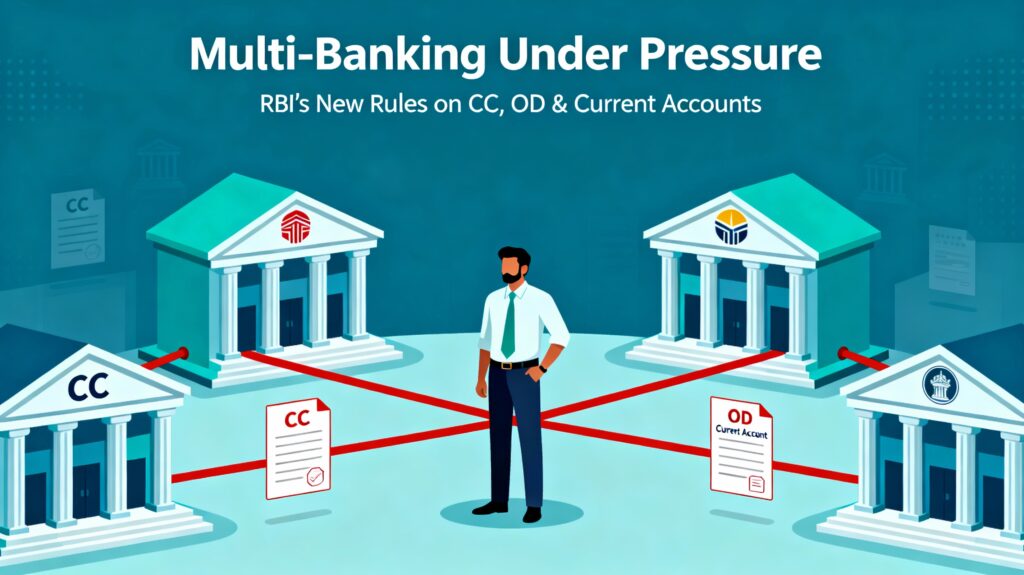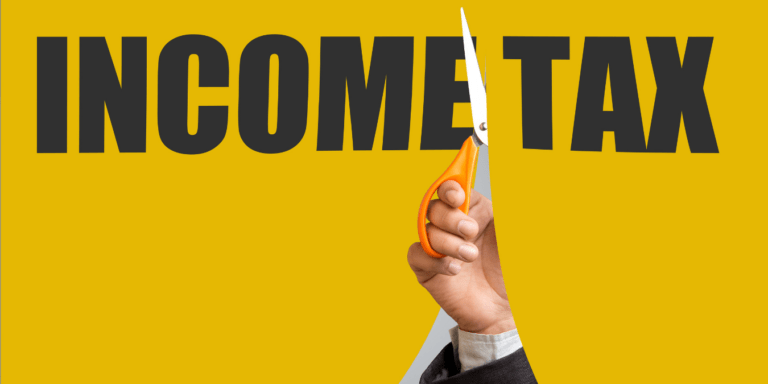
” How the Income Tax Bill 2025 introduces clubbing of income under family taxation, its impact on taxpayers, and strategies to minimize tax liability. Learn about key provisions, exceptions, and real-life scenarios to stay compliant and optimize your finances. Stay ahead with this comprehensive guide to the new tax rules! “
The Income Tax Bill 2025 has introduced several significant changes to the taxation landscape, one of the most discussed being the concept of clubbing of income under family taxation. This provision aims to ensure a fairer distribution of the tax burden and prevent tax evasion through income splitting among family members. In this comprehensive blog post, we will delve into the intricacies of clubbing of income, its implications, and how it affects taxpayers under the Income Tax Bill 2025.
The Income Tax Bill 2025
The Income Tax Bill 2025 is a landmark piece of legislation that seeks to modernize the tax system, making it more equitable and efficient. Among its many provisions, the concept of family taxation has garnered significant attention. Family taxation, particularly the clubbing of income, is designed to prevent individuals from diverting their income to family members in lower tax brackets to reduce their overall tax liability.
This blog post will focus on the clubbing of income provision, explaining what it means, how it works, and its implications for taxpayers.
What is Clubbing of Income?
Clubbing of income is a tax provision that allows the tax authorities to combine the income of one person with that of another, typically a family member, to calculate the total taxable income. This is done to prevent tax avoidance strategies where income is transferred to family members who are in lower tax brackets or have no taxable income.
Under the Income Tax Bill , the clubbing of income rules have been expanded to include a broader range of family relationships and income types. The primary goal is to ensure that income is taxed in the hands of the person who actually earns it, rather than being shifted to others to reduce the tax burden.
Objectives of Clubbing of Income Under Family Taxation
The clubbing of income provision under the Income Tax Bill 2025 serves several key objectives:
- Preventing Tax Evasion: By clubbing income, the government aims to curb practices where individuals transfer income to family members in lower tax brackets to reduce their overall tax liability.
- Ensuring Fair Taxation: The provision ensures that income is taxed in the hands of the person who earns it, promoting a fairer tax system.
- Simplifying Tax Compliance: By clearly defining the rules for clubbing of income, the government aims to simplify tax compliance and reduce disputes.
- Promoting Transparency: The provision encourages transparency in financial transactions within families, making it harder to hide income.
Key Provisions of Clubbing of Income in the Income Tax Bill
The Income Tax Bill 2025 introduces several key provisions related to the clubbing of income:
- Expanded Definition of Family: The bill expands the definition of family to include not just spouses and children, but also parents, siblings, and other dependents.
- Inclusion of Various Income Types: The clubbing provision applies to a wide range of income types, including salary, business income, capital gains, and investment income.
- Stricter Reporting Requirements: Taxpayers are required to provide detailed information about income transfers to family members, making it easier for tax authorities to identify and tax clubbed income.
- Penalties for Non-Compliance: The bill introduces stricter penalties for those who attempt to evade taxes through income splitting.
Types of Income Subject to Clubbing
Under the Income Tax Bill, the following types of income are subject to clubbing:
- Income from Assets Transferred to Spouse: If an individual transfers assets to their spouse, the income generated from those assets will be clubbed with the transferor’s income.
- Income from Minor Children: Income earned by minor children, except for income from manual work or specific exemptions, is clubbed with the income of the parent with the higher income.
- Income from Gifts and Loans: Income generated from gifts or loans provided to family members may be clubbed if the tax authorities determine that the primary purpose was to reduce tax liability.
- Income from Joint Investments: Income from joint investments, such as joint bank accounts or jointly held properties, may be clubbed if the tax authorities find that the income is being split to reduce taxes.
Exceptions to the Clubbing of Income Rule
While the clubbing of income provision is broad, there are certain exceptions:
- Income from Genuine Business Activities: If a family member earns income from a genuine business or profession, that income will not be clubbed.
- Income from Personal Skills or Talent: Income earned by a family member through their own skills, such as a child actor or musician, is not subject to clubbing.
- Income from Inherited Assets: Income generated from assets inherited by a family member is generally not clubbed, provided the inheritance was not part of a tax avoidance scheme.
- Income from Trusts: Income distributed from a trust to a family member is typically not clubbed, as long as the trust is properly established and managed.
Impact of Clubbing of Income on Taxpayers
The clubbing of income provision under the Income Tax Bill has several implications for taxpayers:
- Increased Tax Liability: Taxpayers who previously transferred income to family members in lower tax brackets may see an increase in their overall tax liability.
- Complexity in Tax Planning: The provision adds a layer of complexity to tax planning, requiring taxpayers to carefully consider the tax implications of income transfers.
- Need for Professional Advice: Given the complexity of the new rules, taxpayers may need to seek professional advice to ensure compliance and optimize their tax position.
- Potential for Disputes: The expanded clubbing provisions may lead to disputes between taxpayers and tax authorities, particularly in cases where the intent behind income transfers is unclear.
Strategies to Minimize the Impact of Clubbing of Income
While the clubbing of income provision may increase tax liability for some, there are strategies that taxpayers can use to minimize its impact:
- Invest in Tax-Advantaged Accounts: Contributions to retirement accounts, education savings plans, and other tax-advantaged accounts may help reduce taxable income.
- Utilize Exemptions and Deductions: Taxpayers should take full advantage of available exemptions and deductions to reduce their overall tax burden.
- Consider Family Trusts: In some cases, establishing a family trust may help manage income distribution in a tax-efficient manner.
- Plan Income Transfers Carefully: Taxpayers should carefully plan any income transfers to family members, ensuring that they comply with the new rules and do not trigger clubbing provisions.
Case Studies: Real-Life Scenarios of Clubbing of Income
To better understand the implications of the clubbing of income provision, let’s look at a few real-life scenarios:
Case Study 1: Income from Assets Transferred to a Spouse
John transfers a rental property to his wife, Sarah. Under the Income Tax Bill 2025, the rental income generated from the property will be clubbed with John’s income, increasing his overall tax liability.
Case Study 2: Income from Minor Children
Emily’s 10-year-old son earns interest income from a savings account. Since the income is from a minor child, it will be clubbed with Emily’s income, assuming she has a higher income than her spouse.
Case Study 3: Income from Joint Investments
Mike and his brother jointly invest in a mutual fund. If the tax authorities determine that the primary purpose of the joint investment was to split income and reduce taxes, the income may be clubbed with Mike’s income.
The Income Tax Bill 2025 introduces significant changes to the taxation system, with the clubbing of income provision being one of the most impactful. By expanding the scope of family taxation, the government aims to create a fairer and more transparent tax system. However, the new rules also add complexity to tax planning, requiring taxpayers to carefully consider the implications of income transfers and seek professional advice when necessary.
As the Income Tax Bill takes effect, it is crucial for taxpayers to stay informed about the new provisions and adapt their financial strategies accordingly. By understanding the clubbing of income rules and taking proactive steps to minimize their impact, taxpayers can ensure compliance while optimizing their tax position.
-
Spirit Airlines Bankruptcy and Flight Cancellations — The Real Reason!
Spirit Airlines just canceled hundreds of flights across 15+ US airports — and the list keeps growing. Fort
-
Gold and silver rates today: Latest Rates in all Major Cities February 20, 2026
Gold prices exploding ₹15,649/g? Silver crashes 23%—now rebounding at ₹270/g! Uncover shocking volatility secrets, city tables (Delhi to
-
Indian Stock Market Trends: Sensex & Nifty Plunge on Geopolitical Tensions
Sensex crashes 1,200 pts! Nifty bleeds—oil shock or buy signal? 7.4% GDP hides secret rebound clues. ONGC surges
































